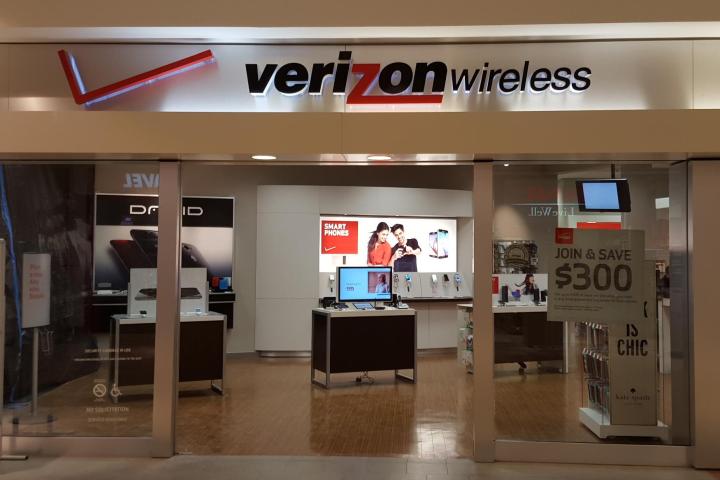
As part of the program, customers get this like “Device Dollars,” which can go toward buying your next phone and discounts on accessories from Verizon’s partners. You also get ticket opportunities, surprise rewards, and so on. Pretty neat, right? Well, it would be — but to become a member of that rewards program, you need to enroll in Verizon Selects.
What is Verizon Selects? Well, it is basically a program that allows Verizon to track your web browsing, personal interests, app usage, location, demographic information, address (both physical and email), and more. That would be bad enough if it was only Verizon getting that info — but the company will also share that data with its new subsidiaries Yahoo and AOL, as well as “vendors and partners” — which is pretty vague.
Now, this is not all that new for Verizon. As noted in a report from The Verge, Verizon Selects was a big part of the company’s previous rewards program, Smart Rewards. That, however, does not make it any less worrisome– and frustrating if you want to take advantage of the rewards.
That is not to say that the new rewards program isn’t a great program — in fact it is. As mentioned, you have access to a host of prizes and discounts through the program, including discounted tickets called “Super Tickets,” and “Dream Tickets” — which are basically discounted tickets to “once-in-a-lifetime” experiences. Dream Tickets are only offered to certain select customers.
Still, the program’s perks are the point — that is how Verizon convinces you that signing off on all your personal data is worth it. We are not going to argue that you should not sign up for it — just that it is important to be at least aware of the tradeoff you are making, and the fact that you are essentially signing away a huge chunk of your online privacy.
Editors' Recommendations
- Your Verizon plan just got a major overhaul — here’s what’s new
- CES 2021 gets new dates, Verizon CEO to give keynote


